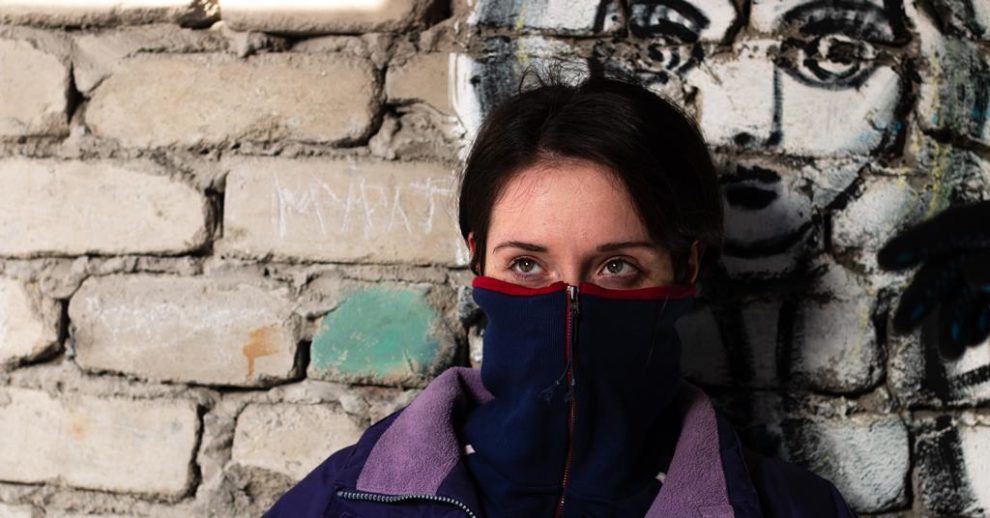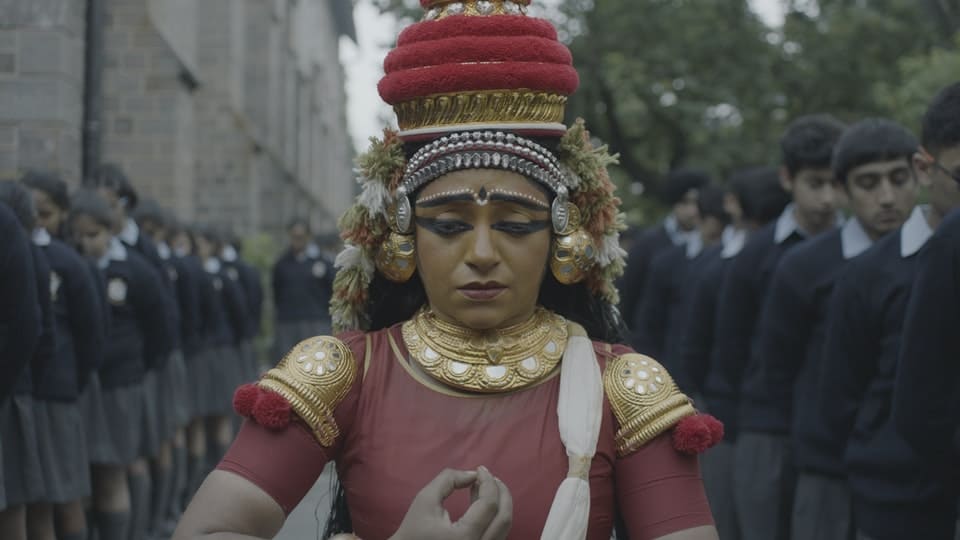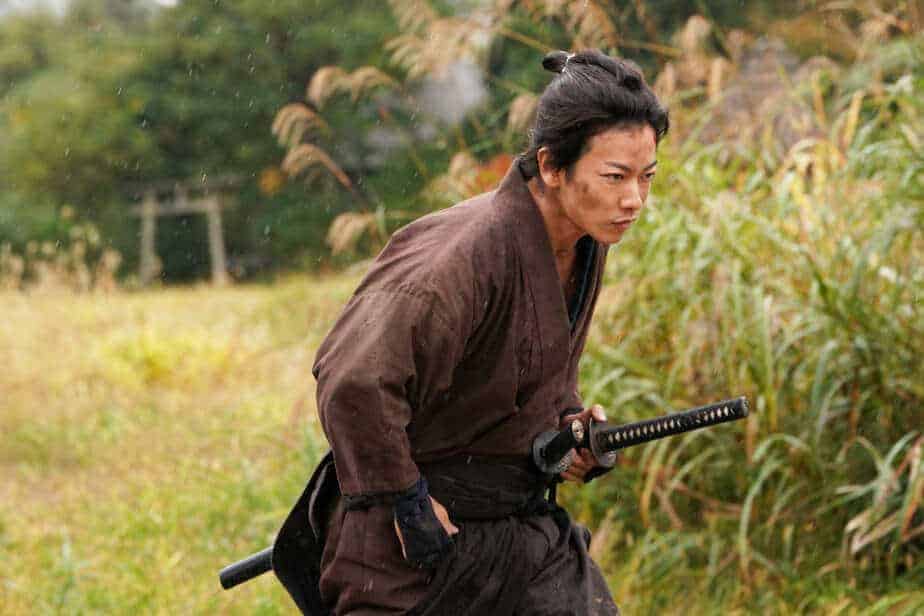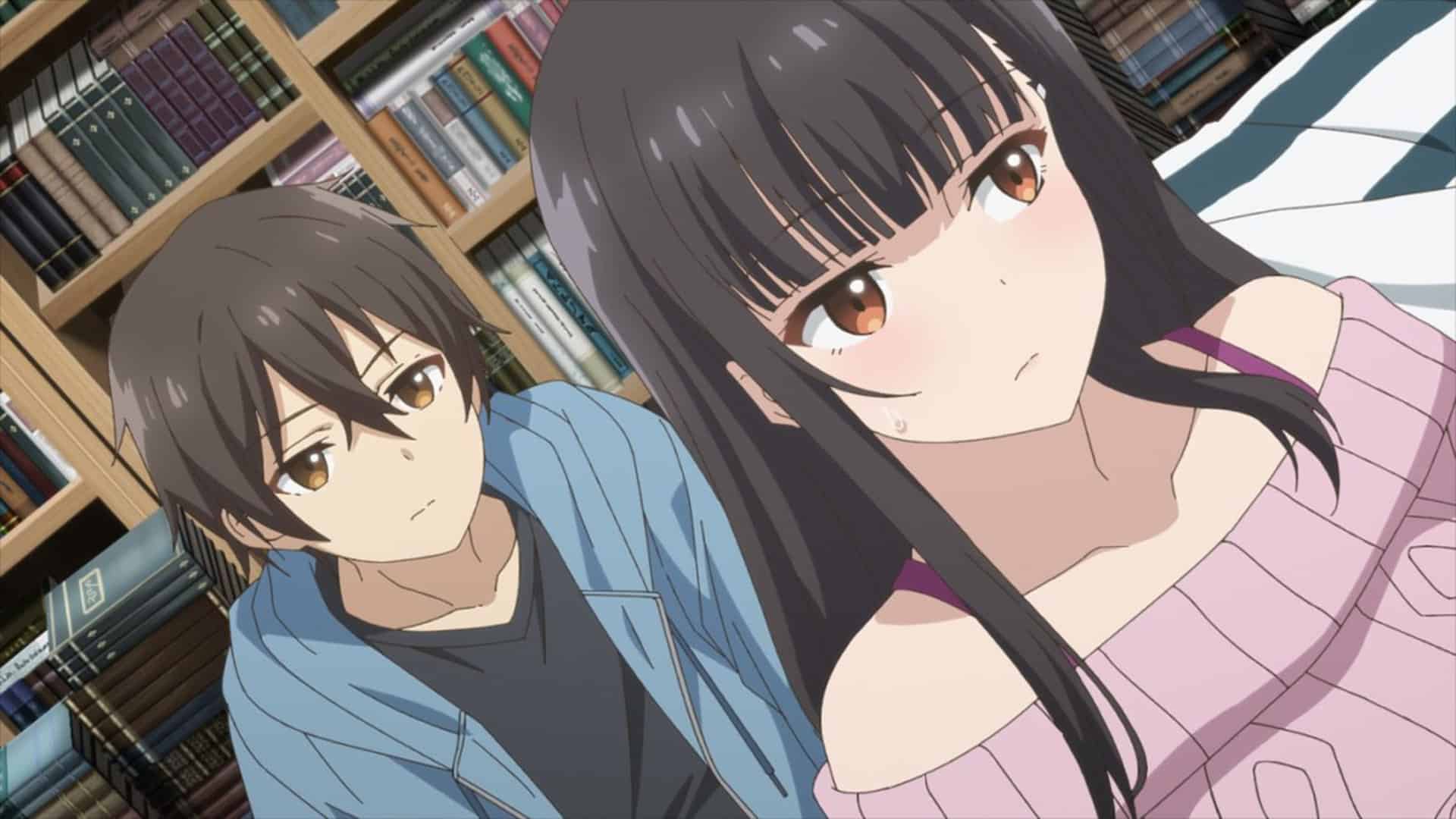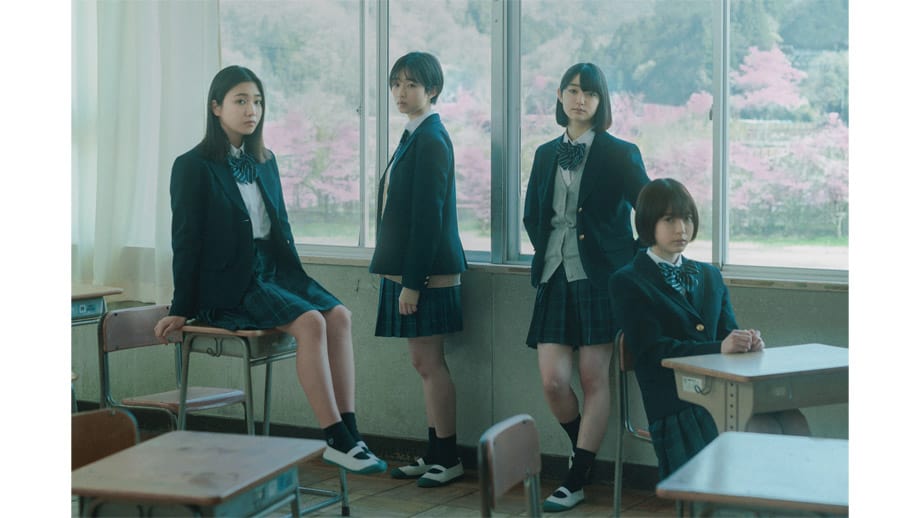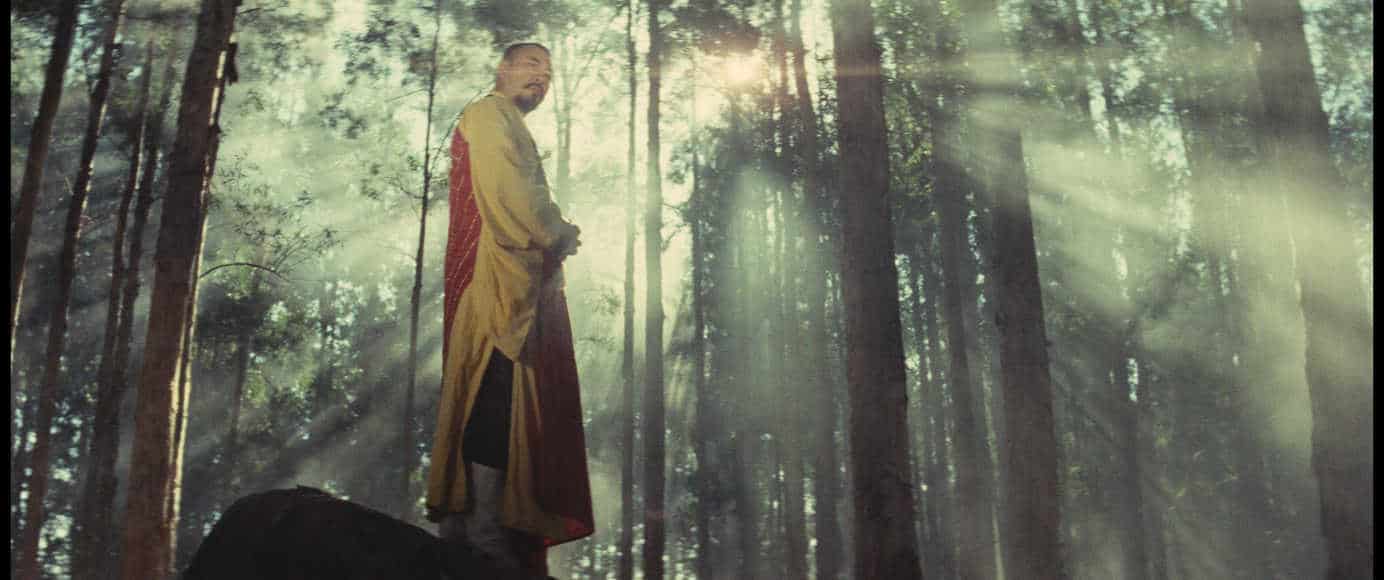Claustrophobia suffocates the big screen in Kira Kovalenko's latest feature, “Unclenching the Fists.” Kovalenko' sophomore film won Un Certain Regard at Cannes and then made its North American premiere at Telluride. Here — in this ex-mining town — the contrast could not have felt more ironic. Compared to the verdant Rockies, Kovalenko's film ruminates upon the ashy Caucasus. Rolling hills of dust restrain, rather than expand, the characters on-the-ground — leaving us chained to circumstance along with the rest of the cast. Compared to the glee and the glamor of the festival outdoors, “Unclenching the Fists” languishes in the hopelessness of the future.

After all, nothing much is going for Ada (Milana Aguzarova), a universally adored, single Ossetian woman. After a bombing incident in her childhood, the men in her life just can't seem to let her go. Her father, Zaur (Alik Karaev), hides her passport to keep her in-town. Her younger brother, Dakko (Khetag Bibilov), insists upon sleeping next to her in bed. Her starry-eyed loverboy, Tamik (Arsen Khetagurov), begs aggressively for her hand. When Zaur collapses one day, Ada finally finds her chance to flee… until she realizes that it's more difficult to leave behind one's family than it seems.
The story takes a long time to gain momentum, and it takes even longer to fully see in motion. In some ways, the film feels less of a narrative than it does a description of Ada's toxic environment. Each small denial just adds to the viewer's sense of frustration; each show of affection equally invites hand-wringing. Regularly blackmailed, stripped down, and embraced a little too hard in the name of love, Ada's future seems laced with dread. But what alternative does Ada have? Kovalenko invites the viewer on an empathetic journey to feel the full range of Ada's emotions, from resentment to fear to resignation.

Kovalenko's technical prowess likewise illustrates Ada's status as well. Kovalenko establishes an astonishing level of proximity between the camera and the actors. Pillow shots suffocate the viewer, as the camera gets close — sometimes too close — to the actors. Amidst these still close-ups and perplexed medium shots, there remains little room for anyone to breathe. And, unrelentingly, the camera lingers upon the pain. A still camera and an added reliance on ambient sound compounds the viewer's awareness of Ada's constrained environment. The final product is, then, an intimate observation of Ada's downward spiral where little remains within her sphere of control.
Hence, though Ada struggles to break free from her home, she departs far from other woman-led coming-of-age counterparts like “Ladybird” (2017). Unlike Saoirse Ronan's defiantly whimsical Christine, Aguzarova's Ada is notably conflicted. In some shots, she struggles to fight back; in others, she's subdued; and yet in others, she maintains a wavering, coy smile. Is she disgusted or affectionate? Does she want to stay or go? Does she even know what she truly desires? Aguzarova's nuanced performance breathes life into Ada, subtly portraying the imperfect rebellion of an individual trapped in the name of love.
In the Q&A, Kovalenko revealed that even the production process was emotionally straining for her actors. She revealed that Aguzarova — a first-time actress — cried whenever they filmed on-set, until she asked Aguzarova to hold back the tears. Perhaps it is this mix of passions that we see play about on Aguzarova's face, then, in her portrayal of Ada: a torrent of agitations held back for the camera to inspect.
The film's subject-matter is striking as well. Instead of the usual shrouds of extremism, religion, poverty, or war, Kovalenko presents a different story of the northern Caucasus. She underscores unique, but universal themes of overprotectiveness and toxic codependency in her case study of Ossetia. Hence – though this mining town is not necessarily portrayed in the most favorable light – it still felt close to the quiet morning audience at Telluride.
All things considered then, “Unclenching the Fists” shines. Though it is not very narratively compelling, its atmospheric pull is undeniable. Kovalenko's delicate handiwork and direction breathes life into her work of fiction — and makes us hope desperately that it only remains as such.


